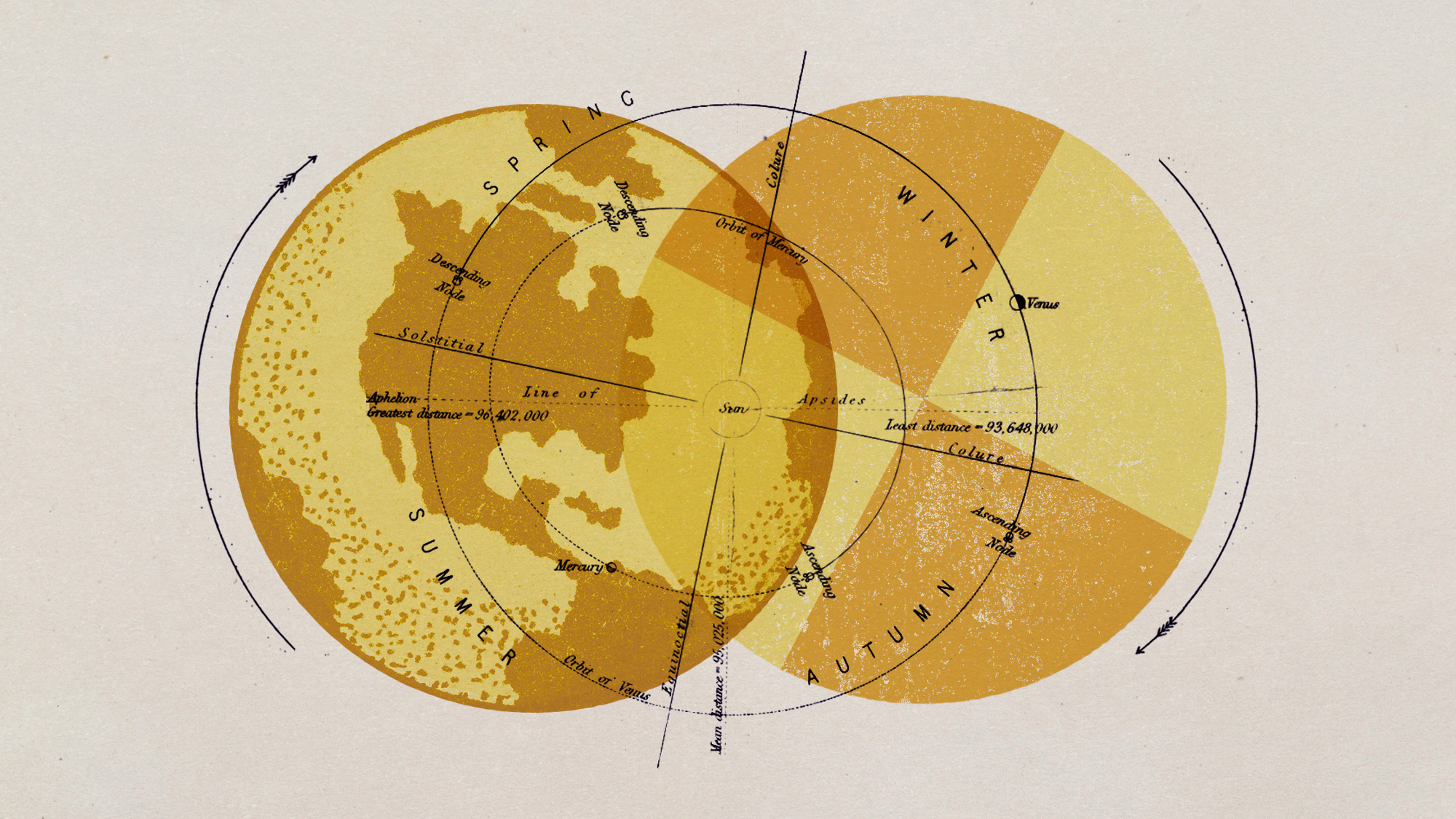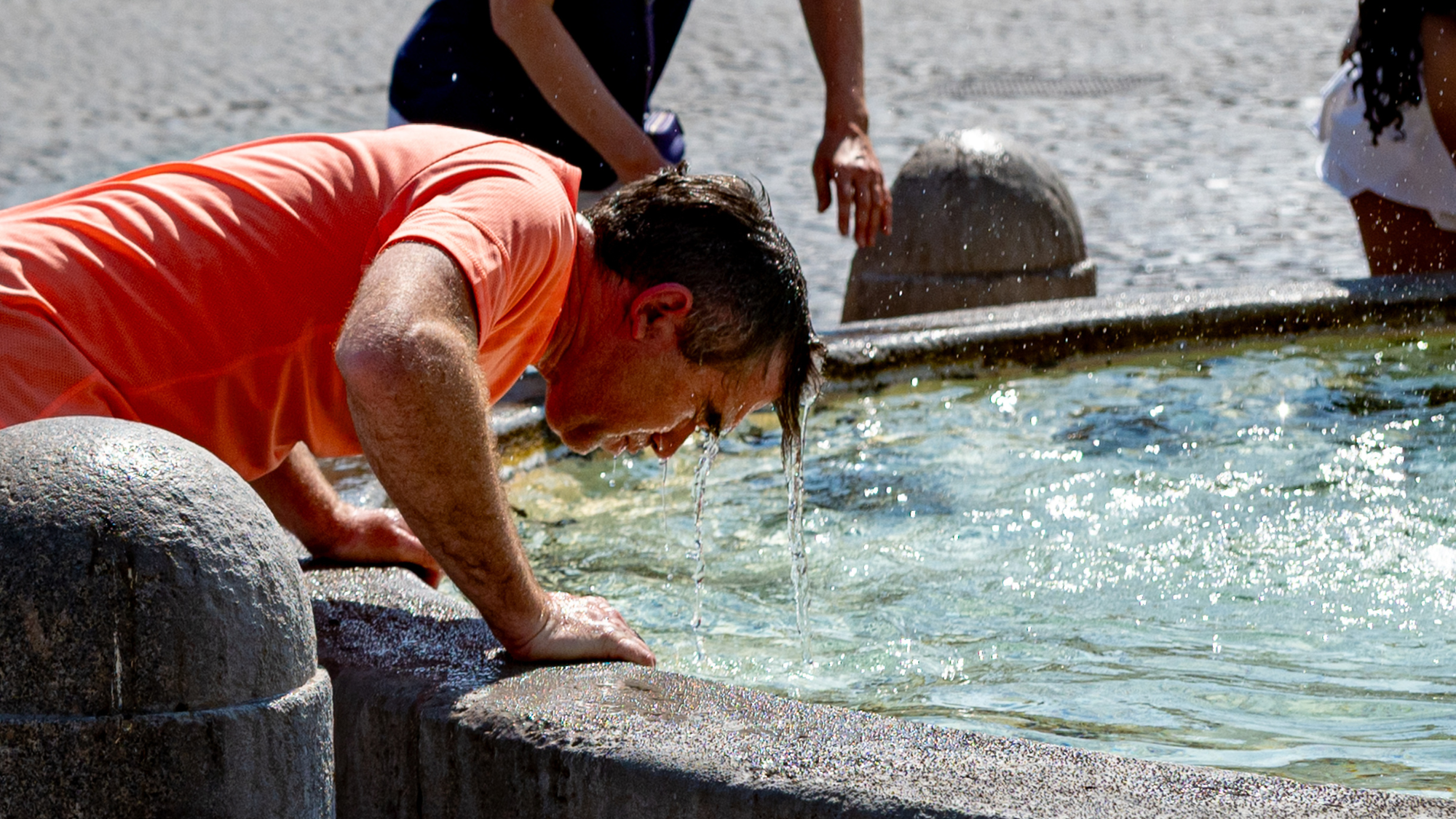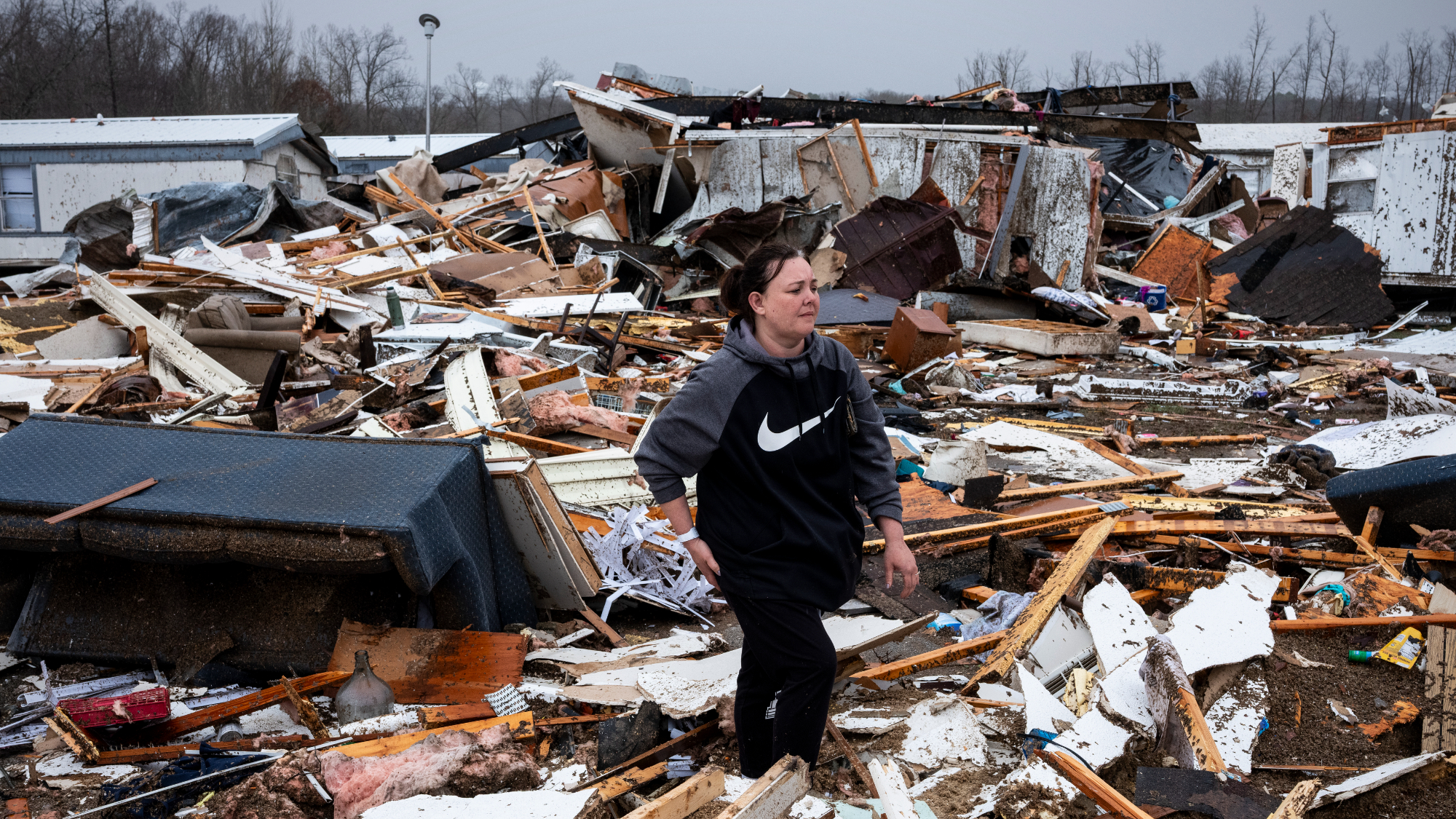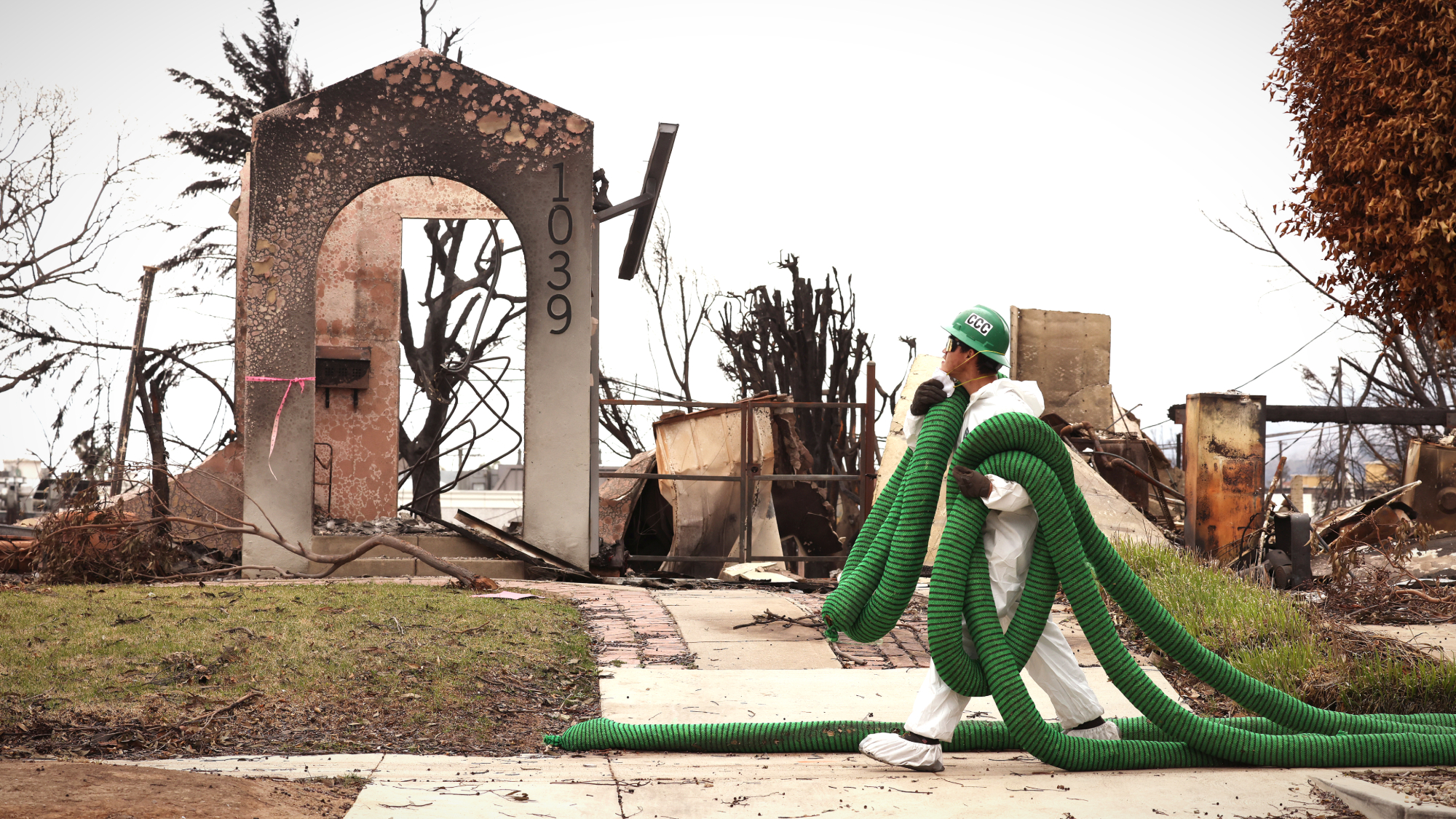Will this be the UK’s hottest February on record?
Record-breaking temperature recorded in west Wales as balmy weather continues

A free daily email with the biggest news stories of the day – and the best features from TheWeek.com
You are now subscribed
Your newsletter sign-up was successful
Mercury levels surpassed 20C in the UK today for the first time ever in winter.
The Met Office says temperatures reached 20.3C in Trawsgoed, Ceredigion, west Wales, making it the UK’s warmest February day on record. The previous February record was 19.7C, recorded in Greenwich in 1998, while the previous Welsh record was 18.6C, set 29 years ago in the southern village of Velindre.
The February record in Scotland – 17.9C in the Aberdeenshire village of Aboyne in 1896 – was equalled last Thursday.
The Week
Escape your echo chamber. Get the facts behind the news, plus analysis from multiple perspectives.

Sign up for The Week's Free Newsletters
From our morning news briefing to a weekly Good News Newsletter, get the best of The Week delivered directly to your inbox.
From our morning news briefing to a weekly Good News Newsletter, get the best of The Week delivered directly to your inbox.
According to the Met Office, the current temperatures are 10C higher than usual for this time of year, although rain and cloud are expected later in the week.
Met Office chief meteorologist Steve Willington said: “Northwestern parts of the UK will be wet and windy at times this week, but settled conditions will spread to all parts of the country by the weekend, bringing plenty of sunshine and unseasonably mild temperatures that could well compete with current February temperature records.”
Bookmaker Coral is offering 4/6 odds on February being the hottest one yet, and 6/4 odds on the mercury hitting 25°C or higher next week. The warmest month of February was in 1998, with an average of 10.7C.
Changes in the direction our air is coming from have been cited as the reason for this month’s soaring temperatures.
A free daily email with the biggest news stories of the day – and the best features from TheWeek.com
“High pressure parked to the southeast of the British Isles has been dragging warm air from Africa and the Canary Islands our way,” explains the BBC.
“Temperatures are further boosted by something known as the foehn effect, when air warms as it flows down the lee side of mountains. All of this combined with the sunshine has produced something quite remarkable for February.”
-
 Local elections 2026: where are they and who is expected to win?
Local elections 2026: where are they and who is expected to win?The Explainer Labour is braced for heavy losses and U-turn on postponing some council elections hasn’t helped the party’s prospects
-
 6 of the world’s most accessible destinations
6 of the world’s most accessible destinationsThe Week Recommends Experience all of Berlin, Singapore and Sydney
-
 How the FCC’s ‘equal time’ rule works
How the FCC’s ‘equal time’ rule worksIn the Spotlight The law is at the heart of the Colbert-CBS conflict
-
 Earth's seasons are out of whack
Earth's seasons are out of whackUnder the radar The seasons' unfixed nature in different regions of the planet may have impacted biodiversity and evolution
-
 When does autumn begin?
When does autumn begin?The Explainer The UK is experiencing a 'false autumn', as climate change shifts seasonal weather patterns
-
 Europe's heatwave: the new front line of climate change
Europe's heatwave: the new front line of climate changeIn the Spotlight How will the continent adapt to 'bearing the brunt of climate change'?
-
 Why the weather keeps getting 'stuck'
Why the weather keeps getting 'stuck'In the Spotlight Record hot and dry spring caused by 'blocked' area of high pressure above the UK
-
 Severe storms kill dozens across central US
Severe storms kill dozens across central USSpeed Read At least 40 people were killed over the weekend by tornadoes, wildfires and dust storms
-
 Rain helps Los Angeles wildfires, risks mudslides
Rain helps Los Angeles wildfires, risks mudslidesSpeed Read The weather provided relief for crews working to contain wildfires, though rain over a burn area ups the chances of flooding and mudslides
-
 Fast-spreading Los Angeles wildfires spark panic
Fast-spreading Los Angeles wildfires spark panicSpeed Read About 30,000 people were under an evacuation order as the inferno spread
-
 Cuba roiled by island-wide blackouts, Hurricane Oscar
Cuba roiled by island-wide blackouts, Hurricane OscarSpeed Read The country's power grid collapsed for the fourth time in just two days